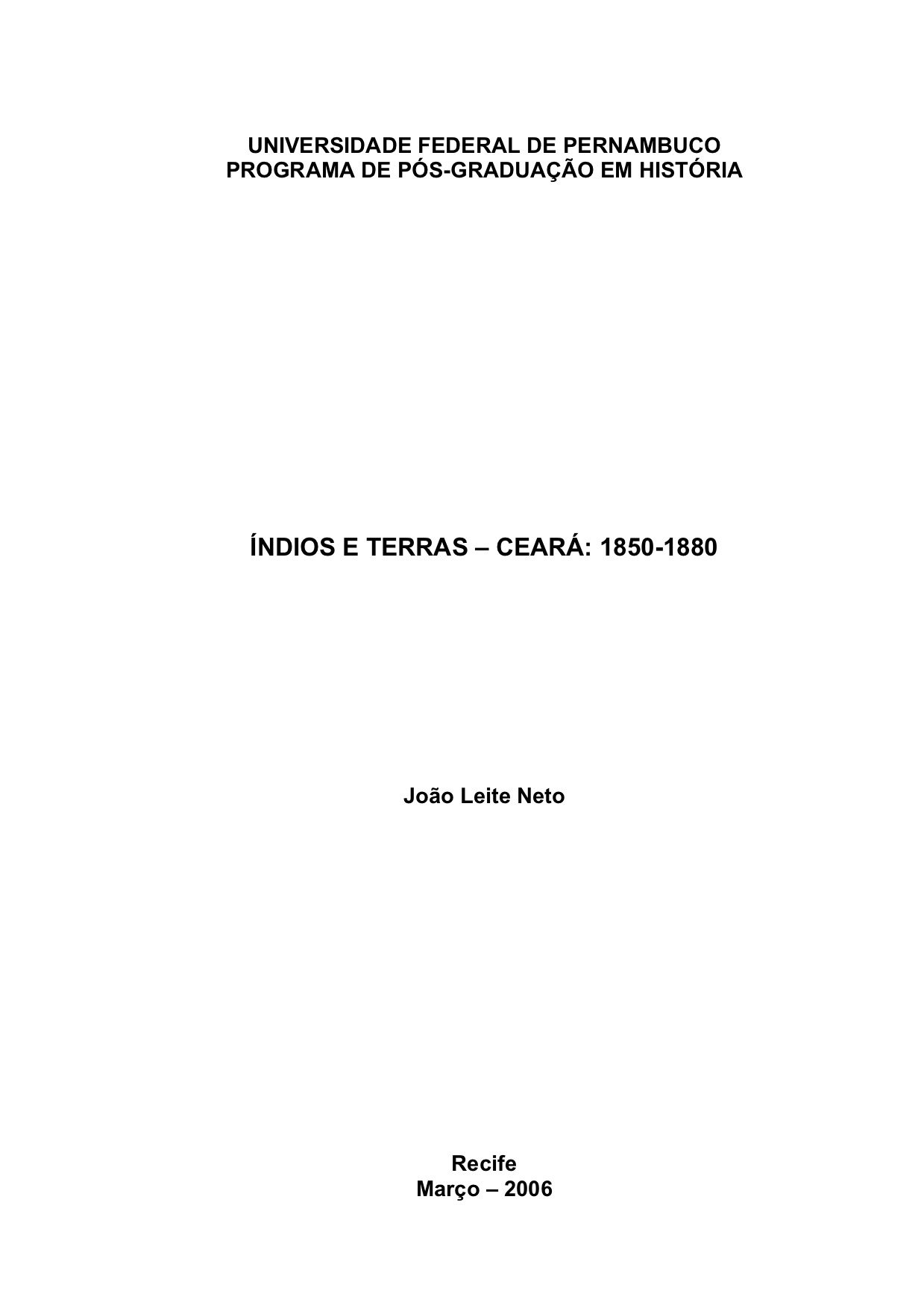Land access in the 21st century
The present paper seeks to cover the key issues, trends, constraints, challenges, knowledge gaps and policy options on a range of dimensions of land access. Land access is broadly defined as the processes by which people individually or collectively gain rights and opportunities to occupy and utilise land (primarily for productive purposes but also other economic and social purposes) on a temporary or permanent basis.



